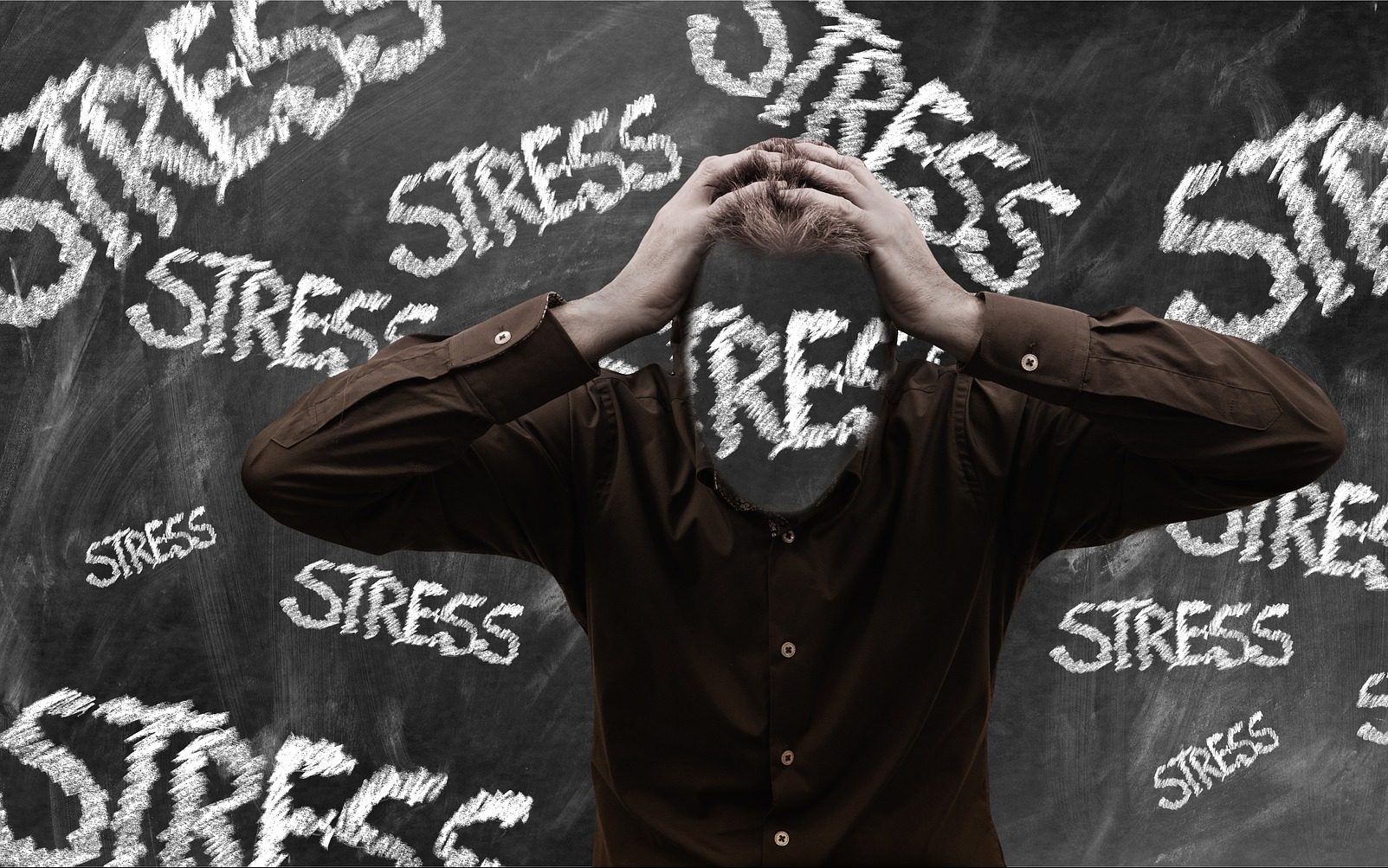A famous research study from over 100 years ago set the stage for an ongoing debate about whether stress is a good thing or a bad thing. Its conclusion was, “It depends,” primarily on the level of stress. The results of that study, now enshrined as a psychological principle called the Yerkes-Dodson Law after the study’s authors, measured the effect of mental stress on the performance of mice. Since that time, there have been countless studies of the benefits—and risks—of stress for people.
Is stress a good thing for human performance? The consensus view still sounds a bit like a Goldilocks story, much like the century-old study cited above. What’s the right level of stress? Not too much, not too little.
However, as both the psychological and underlying physiological bases for stress are now increasingly better understood, there is a more nuanced interpretation of the role stress plays in human performance. The effect of stress on performance depends on multiple factors, some internal and some external. Here are some of the top factors:
- Intensity of stress level
- Duration (temporary stress vs. chronic stress)
- Degree of individual feeling of control
- Type of performance being measured (e.g., physical vs. cognitive)
- Individual response to stressful events and situations
Now lets take a look at these from the perspective of the job a a prototypical CEO of a scaleup company.
- Intensity – There are an abundance of stressors for the CEO of an scaleup company. These are often at a intensity level that diminishes performance. There are many big, important decisions to make but often only one person (the CEO) to make them. There are an overwhelming number of alternatives for the best way to grow the company. And all this happens within a fast-paced and rapidly-changing environment.
- Duration – Unfortunately, the nature of the day-to-day job and challenges for the CEO on an scaleup company, provides an environment that yields chronic stressors. This can have a negative impact on CEO performance, which is highly dependent on cognitive and interpersonal skills. High levels of chronic stress can lead to physical and psychological damage.
- Degree of Control – This will definitely vary with the the individual and the reality of the company situation. Some scaleup companies constantly deal with crises that seem largely out of their control. Others are challenged by the new issues that arise with their rapidly growing company. The more unfamiliar the situation the CEO is facing is, the less control he or she is likely to feel over the outcome.
- Type of performance – As mentioned above, the CEO’s overall performance is highly dependent on performance in the cognitive and interpersonal arenas. These are areas where a moderate amount of stress can be motivating and support creative thinking and empathetic behavior. However, past the tipping point of stress intensity, skills in these areas can rapidly decline.
- Individual – Each of us is “wired” to have a certain response to stress as well as a tolerance to it. We can do some things to become more aware of our “knee-jerk” reaction to stress. There are also things CEO’s can to to reduce or better control stress.
One of these is CEO mentoring. Mentoring can reduce the negative impact of the stress inherent in an scaleup company CEO’s job. A good mentor provides a sounding board, experienced guidance, a proven framework, and the tools a CEO can use to be and feel more in control of the outcomes for their company. This reduces stress to a level that allows for optimum CEO performance, as they continue to work on scaling their businesses profitably.
Join us in our LinkedIn Group Lean Scaling to share your thoughts and experiences with other CEO’s.
Image by Gerd Altmann from Pixabay

